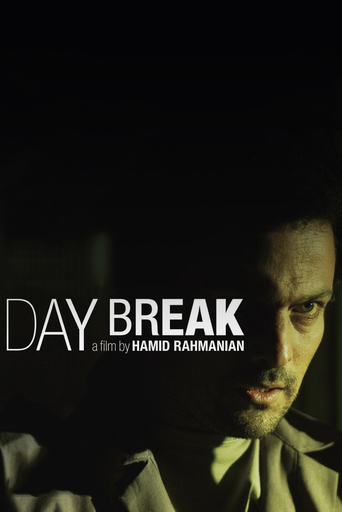Mjeteconer
Just perfect...
FirstWitch
A movie that not only functions as a solid scarefest but a razor-sharp satire.
Lachlan Coulson
This is a gorgeous movie made by a gorgeous spirit.
Geraldine
The story, direction, characters, and writing/dialogue is akin to taking a tranquilizer shot to the neck, but everything else was so well done.
MartinHafer
I was surprised to see this movie, as it was a no holds barred look into life behind bars for a man (Mansour) on death row. Oddly, the film doesn't begin by fully explaining why he killed someone but instead shows him and another man awaiting execution. While hard to watch, the scene wasn't too intense and it was truly fascinating looking at Islamic law. In this case, a prisoner isn't necessarily executed. However, the family of the murder victim must be present to either witness and approve the execution or extend forgiveness--at which point the man is allowed to live but serves out his sentence in prison.The rest of the film bounces around from the present in prison to dreams and remembrances of Mansour about his life pre-prison as well as the murder itself (though this isn't fully explained, it is strongly alluded to). Oddly, the film ends without the viewer knowing Mansour's fate--a decision I liked but one that may leave some viewers uneasy.The film deserves kudos for being totally unique and very watchable. Plus it gives some interesting insights into Islam--such as attitudes about the law, the treatment of women in society (they are far more liberal towards women than in, for example, Saudi Arabia). Fascinating, though a bit dark. This film is very well made and worth a look--and it certainly gets you to think.
Chad Shiira
Mansour(Hosein Yari) murdered his boss. That's why he's on death row. The killing takes place out of frame. Our point-of-view is from the interior of a shop. Outside the open door, we suddenly see Mansour backpedaling until his regress is stopped by a cart. He reaches inside for a brick and runs toward his attacker with a loaded hand. When we see him again, he's being held back by a group of men. During the commotion, somebody says that the man is dead. There's a reason why we never see Mansour strike his boss. It's not a question of Mansour's guilt. He did it. We don't need to see the murder in grisly detail. The crime is irrelevant. It's a question of punishment. In Islamic society, a family determines if you live or die. The authorities in charge of the prison wrongly proclaim that it's god's will. When we can see for ourselves that this couldn't be farther from the truth. Islamic law legitimizes vigilantism. Ordinary citizens have the legal right to be wrathful. "Dame sobh" asks the audience if the family of the victim should be invested with the power to be the judge and jury over the guilty.Since the filmmaker doesn't want to break the fourth wall, an unseen documentary crew is installed so "Dame sobh" can unpack its exposition about the particulars of Iranian law. There's also an omniscient camera, too, which may cause some confusion for the viewer. Thankfully, the film being shot within the film ceases to be a narrative device, a nuisance, really, after Mansour's accusers don't show up for his appointed court date.Unlike the day of execution in an American prison system, Mansour and other men like him don't have the luxury of fatalism. The not-knowing is cruel, because they have the dogged hope that the family will spare them their life. As Mansour waits for his accusers to return, "Dame sobh" traces the country boy's move to Tehran. As Mansour ponders his fate in the cell, he rues the day he left Avi Rahb for the big city. Should Mansour dangle from the gallows, he leaves behind a wife and daughter. "Dame sobh" does a good job of using the flashback to make the present seem like the nightmare that the accused is non-living. Regret is the worst torture of all.
termeh-mazhari
Very interesting story and subject matter. The movie received a bunch of awards, all well deserved. It's an introspective, intense, dramatic, heartfelt...and very original movie. It's about a man who waits to receive his capital punishment, but the family of his victim never shows up on D-Day (a condition required by Islamic law). I never knew about this condition before i saw this film. I think it's a very fair way of dealing with crimes and criminals. If only the US could take this film as an example!! So basically this man awaits his death sentence that seems to never come...and the movie is about the agony he goes through in his mind, as he waits to die. An intense movie with phenomenal acting from the main character.

